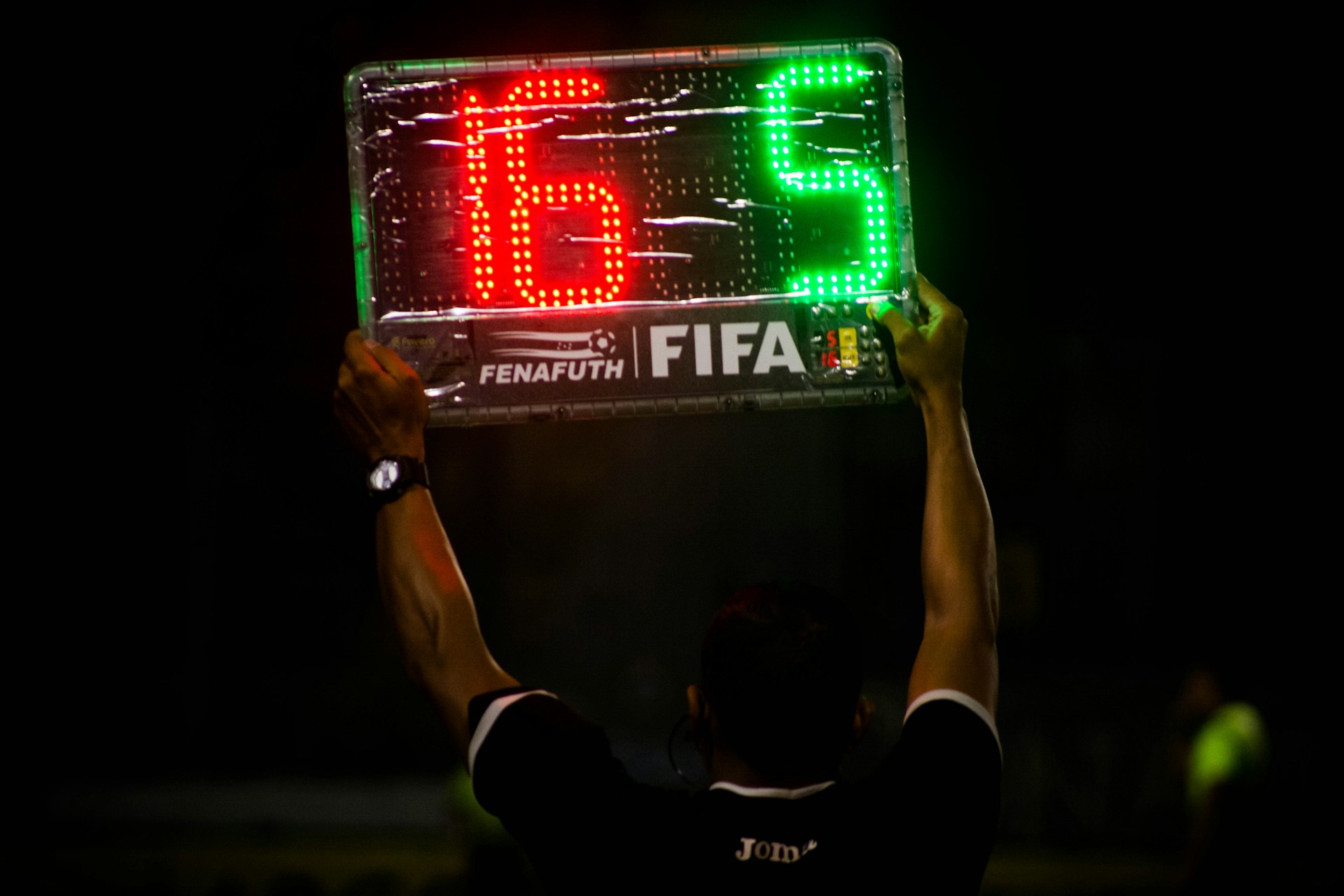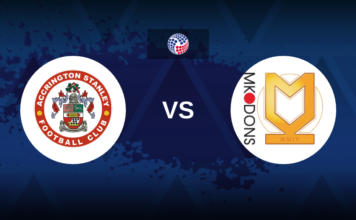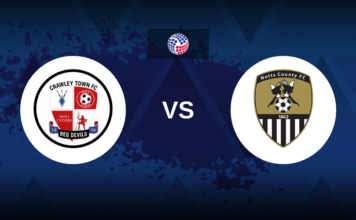In the wake of Nottingham Forest’s controversial social media statement questioning referee Stuart Attwell’s integrity and impartiality, UEFA’s announcement of Attwell’s appointment as a VAR for Euro 2024 adds fuel to the ongoing debate surrounding refereeing in football.
Attwell’s selection, amidst fan backlash and Forest’s incorrect penalty appeals, epitomizes the discord between fan expectations and refereeing realities.
The scrutiny extends beyond the Premier League, with LaLiga referee Jesús Gil Manzano also facing criticism despite his Euro 2024 appointment. The disconnect between referees and fans underscores a broader issue plaguing football globally.
In an era where every decision is scrutinized, the demand for perfection from referees has escalated. VAR, intended to enhance accuracy, has instead magnified inconsistencies, exacerbating fan frustration. The complex nature of football laws and the subjective interpretations therein contribute to the challenge.
Yet, while fans clamor for consistency, VAR’s implementation has only exacerbated perceptions of inconsistency. The scrutiny intensified by VAR has exposed officiating vulnerabilities and highlighted the need for a comprehensive overhaul.
Rebuilding the infrastructure of refereeing, akin to the Elite Player Performance Plan in academies, is underway. The Elite Referee Development Plan, spearheaded by organizations like the Football Association and Premier League, aims to nurture and mentor referees, elevating standards across the board.
However, patience wears thin as fans demand immediate results. The appointment of Howard Webb to lead PGMOL signaled a shift towards greater transparency, yet challenges persist. Addressing underperforming officials and instituting dedicated VARs are steps towards long-term improvement.
Moreover, attracting former players like Chris Birchall to officiating offers a unique pathway to enhance refereeing quality. While criticism persists, the hope is that, with time and concerted effort, refereeing standards will improve, akin to the evolution witnessed in academy systems.
In essence, the road to refining refereeing in football is fraught with challenges. Yet, with strategic reforms, enhanced training, and a commitment to transparency, the future holds promise for a more consistent and respected officiating cadre.







